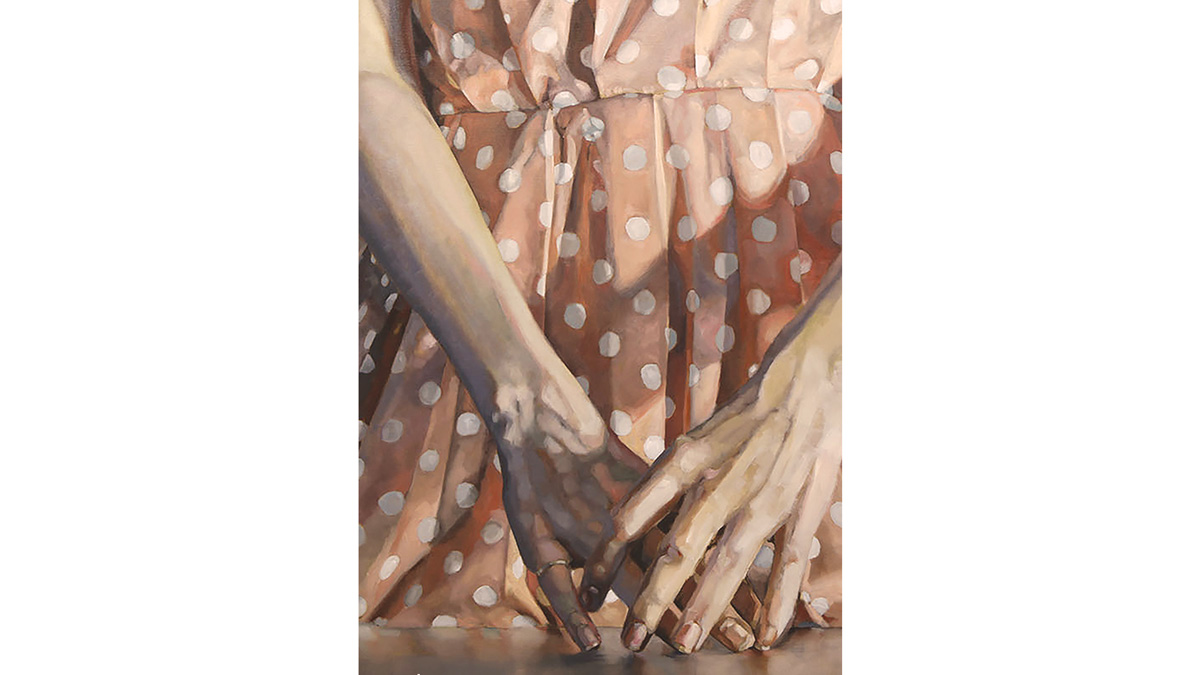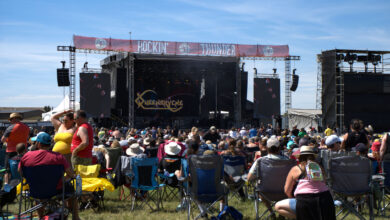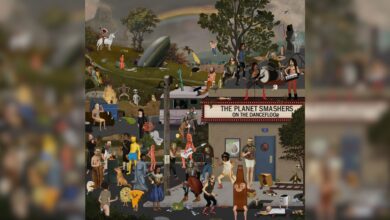Sullenness in Short Story Form: Inside ‘The Left Handed Dinner Party’
 supplied
suppliedThe Left-Handed Dinner Party and Other Stories
By Myrl Coulter
U of A Press
$19.99 paperback
The Left-Handed Dinner Party and Other Stories is a collection by Alberta author Myrl Coulter. Coulter was an English instructor at the University of Alberta for a number of years and has written two award-winning books, A Year of Days and The House with the Broken Two.
The characters in The Left-Handed Dinner Party, like many of us, all lead lives mired with loss, regret, and echoes from the past. “Everyone in the book (is) missing someone who should be in their lives. The book is about absence,” Coulter says. “It’s about that loss.”
This loss manifests in many ways. The three young girls orphaned at a young age in “The Smart Sisters,” the loss of a barman’s family due to alcoholism in “The Remedy,” or the slow loss of someone affected by dementia in “The Scream” all rattle character’s lives. Coulter makes these characters feel devastatingly real, and shows how they grapple with coming to terms with their turmoil.
Readers might also find the vivid imagery feels close to home. Coulter says the setting “could’ve been anywhere, and I wanted it to feel like it could’ve been anywhere, but it’s actually set in Western Canada. I was actually born and raised in Winnipeg, Manitoba. So the early stories in the book do come from, in my mind, Edmonton and Alberta, but as the stories move through to “The Smart Sisters”, they go to the Manitoba settings.
The way Coulter uses the short story medium to loosely tie the collection together adds an enthralling quality. You’ll find yourself halfway through a story, noticing the connections and getting those satisfying “aha!” moments. “As I got closer to finishing (the book), it occurred to me that it was a bit like a big puzzle,” Coulter says.
The short story medium is powerful in its ability to tell narratives in nuanced and purposefully ambiguous ways. But this collection didn’t start out as short stories. “I’ve been writing these stories for a long time, collecting them in a drawer since the 90s. For a while, I thought it was a novel. In fact, I thought it was two novels,” Coulter says, who later found it all worked more harmoniously as short a short story collection. The two novels include The Smart Sisters, and the story of the suicide of an eighteen-year-old high school student named Roger in Limbo. “I realized I had an eighteen-year-old young man who was living in a dark place and he needed to speak.” she said. And Roger’s story is followed in multiple narratives: Roger’s sister, Charlotte; his timid mother, Jean; and his brash father, Stan, to name a few.
A particularly depressing plot line is how Roger’s father dealt with his son’s suicide, and how it affected his sister.
Their father refused to hold a funeral. He removed every picture of Roger from the house, took down all his trophies from the mantel above the fireplace, and carted all his belongings off to Goodwill.
(Charlotte) paced their back alley, raging at everyone. At her father for being so hard. At her mother for being so obedient. At her brother for being so dead.
Coulter wanted to showcase that the things which tear us apart — depression, anger, death, suicide — are seldom talked about, or even written about. “What I was addressing is the imposed silence,” she says. “Around suicide there is a stigma of silence. And imposed silence is something I have felt a lot in my life. What I was writing was the revealing of the suppressed history. It seems to me that histories don’t die with people, they are inherited — especially unresolved histories — by the next generation, unless there is some resolution or some way to find resolution.”
This resolution comes at the end of the book, where a high school reunion is attended by many of the characters from other stories. Some show up to experience the nostalgia of their high school days, while others come to find resolve from wounds of a distant past.
The Left-Handed Dinner Party ends on a note of fleeting happiness that alludes to a place of resolution. On this ending, Coulter says, “I believe that writers write from hope. And if there’s no hope, then there’s really no point in writing.”




